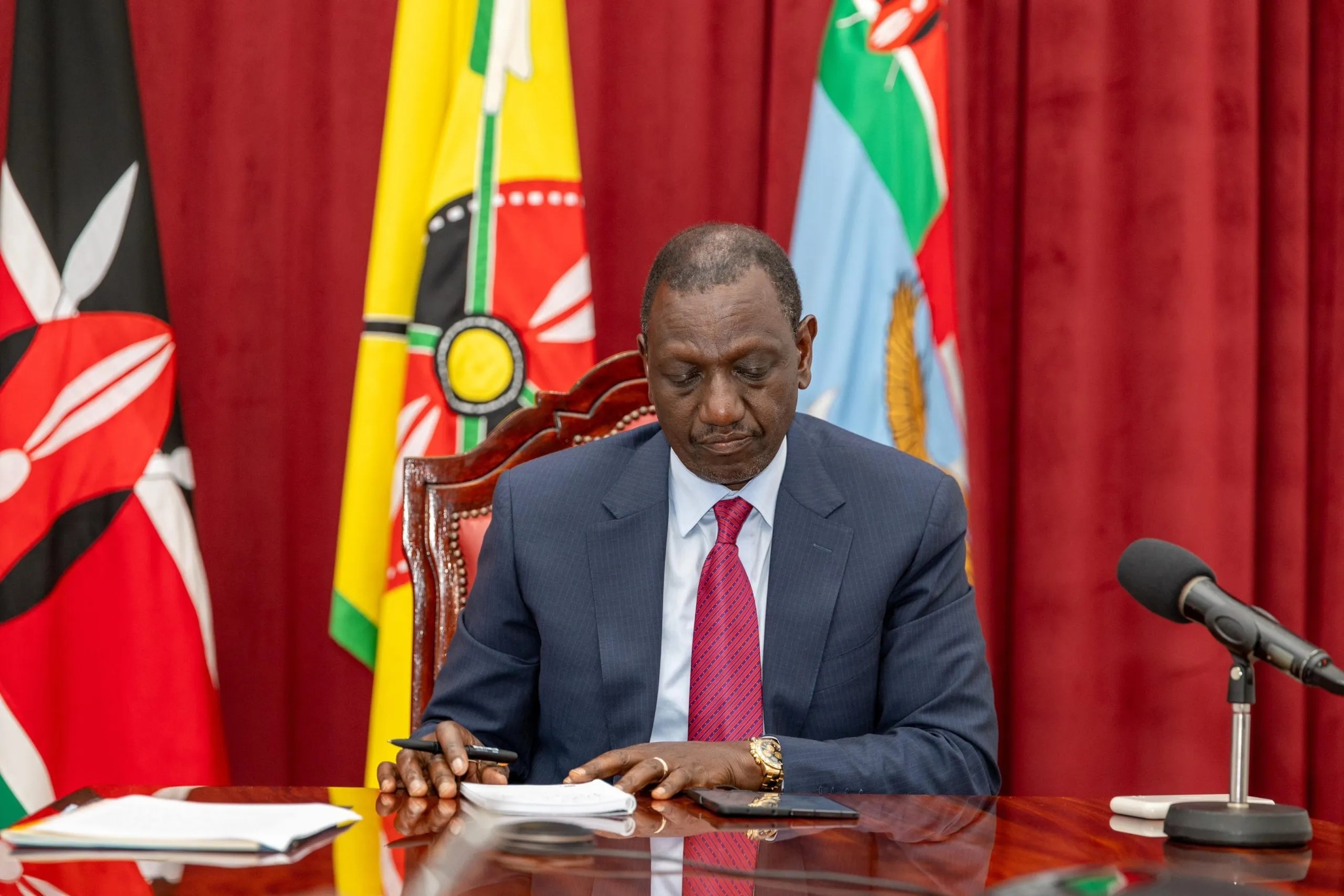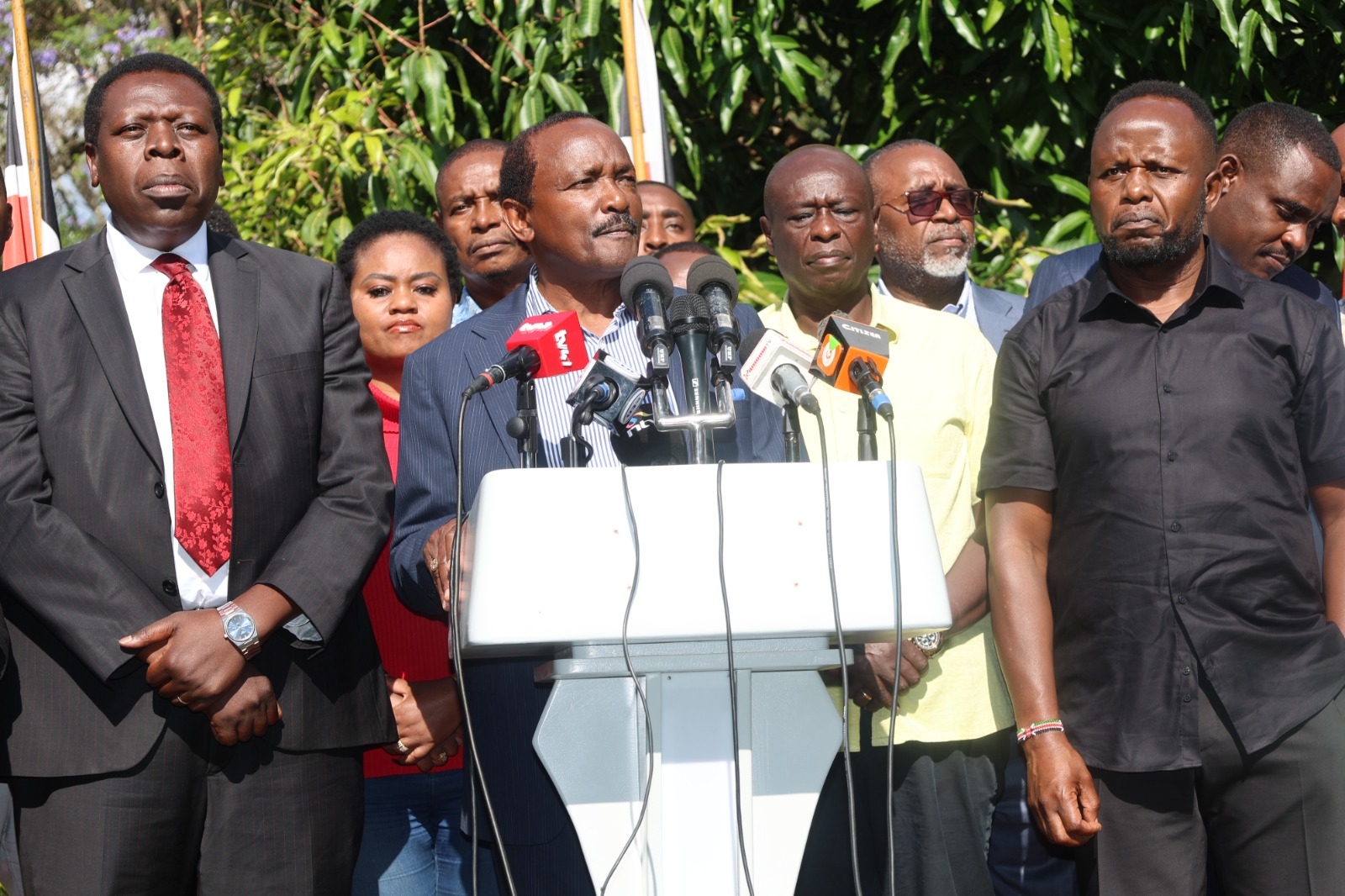
By EVA NG’INJA-CROFT
On September 5, Rebecca Cheptegei, a 33-year-old Ugandan athlete who trained in Kenya, was set on fire after being doused in petrol by her ex-boyfriend, suffering burns to 80 percent of her body.
Rebecca lingered on in what must have been unimaginable pain for three days before her injuries took her life at a hospital in Eldoret.
In 2021, 25-year-old record-breaking runner Agnes Tirop was stabbed to death, allegedly by her husband. That same year, another aspiring athlete, 27-year-old Edith Muthoni was murdered, allegedly by her husband.
Barely six months later, 28-year-old Kenyan Bahraini athlete Damaris Mutua was strangled by her alleged lover. These heinous acts of femicide made world headlines because the young women involved were professional athletes.
Most others don’t even make the local paper. In a disquieting pattern, no one has thus far been sentenced or found legally liable for these women’s deaths.
Over three years since the brutal murder of Agnes Tirop, her husband and alleged murderer, Ibrahim Rotich, is out on bail while the hearing of the case drags on.
Even Dickson Marangach, Rebecca Cheptegei murderer, escaped accountability when he died from his self-inflicted injuries. The rate at which femicides are rising unchecked in Kenya is contemptible and unacceptable.
The lives of Kenyan women are being treated as though they are disposable and worthless. The high rates of femicide with zero accountability clearly show a problem with our social norms and justice system.
In July, several female bodies (some reports indicate six, others nine. The suspect confessed to 42 murders) were discovered in a quarry in Nairobi.
The suspect has since escaped police custody. The lives of these murdered women, mostly unidentified, join the archives of other murdered Kenyan women, and a police and justice system that seems incapable of protecting them or holding their murderers to account.
With figures tallying a startlingly high number of cases of violence against women and girls with each passing year, Kenya has become a crime scene in which women’s lives are constantly in danger.
According to the investigative platforms Africa Uncensored and Africa Data Hub, over 500 Kenyan women were murdered between 2017 and 2024. Varied reports indicate that 31 of these deaths took place in the first month of 2024 alone.
Africa Uncensored’s examination of Kenya’s legal process reveals that once a perpetrator is arrested and brought to court, it takes a whooping average of 1,900 days (over fi ve years) for a case to be concluded and the suspect sentenced.
This timeframe does not include cases involving appeals, which extend the duration even further. Kenya urgently needs to address the rising incidences of femicide.
At a national level, a bold and necessary move would be to recognise femicide as a critical issue of national security under Article 238 of the Constitution.
By categorising femicide within this framework, the government can unlock significant resources, both financial and human, across the security and judicial sectors.
This would accelerate the investigation and prosecution of femicide cases, and send a powerful message: women’s lives and safety are precious and integral to Kenya’s national security.



















